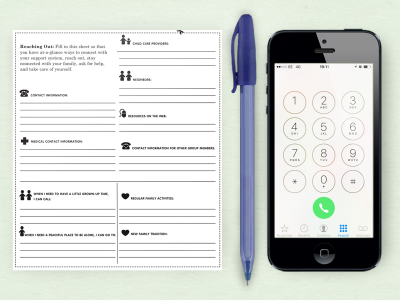
Caregiver Workshop: Taking Care of Yourself
Caregivers can take better care of children when they have support from friends, family, and community.
Josh
Michelle
Monique
Thomas
- Ask participants to describe the challenges of caring for a child with an incarcerated parent. Record all ideas on chart paper.
- Show the four “Caregiver Advice” videos (Thomas’s, Monique’s, Michelle’s, and Josh’s) to the group. Afterward, ask participants to recall advice from the video that struck them as something they would like to try. You might replay parts of the video.
- Mention how important it is for adults to take care of their own needs so that they can be better able to care for children. Break into smaller groups so that parents can discuss their own support systems and how they have used them. If parents do not feel they have support systems, others in their group might suggest steps to begin building them.
- Distribute copies of the printable (one per parent). Have participants share strategies for self-care and support with the whole group as they complete the page.
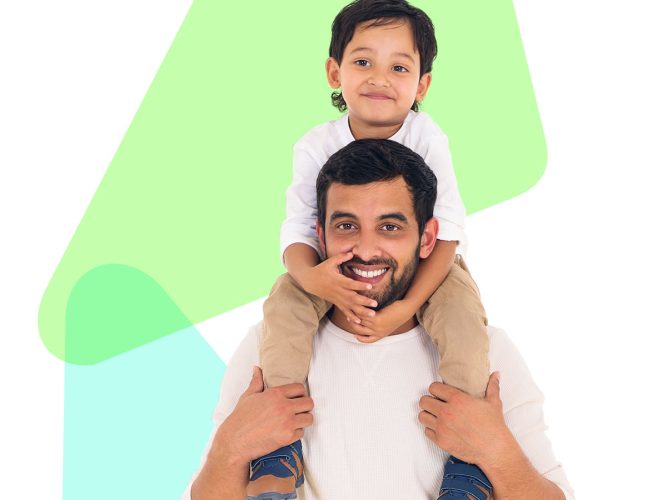
Little Children, Big Feelings
Use these strategies to help a child open up about their feelings.
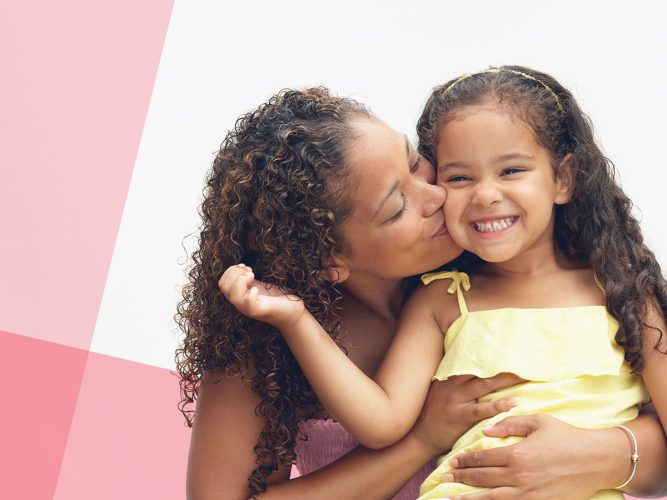
Something to Count On
Caring adults and predictable daily activities will help a child feel safe.

Staying Connected
Learn great ways to help keep an incarcerated parent connected to their child.

Ask Me Anything
Telling children the truth goes a long way toward building trust and healing.
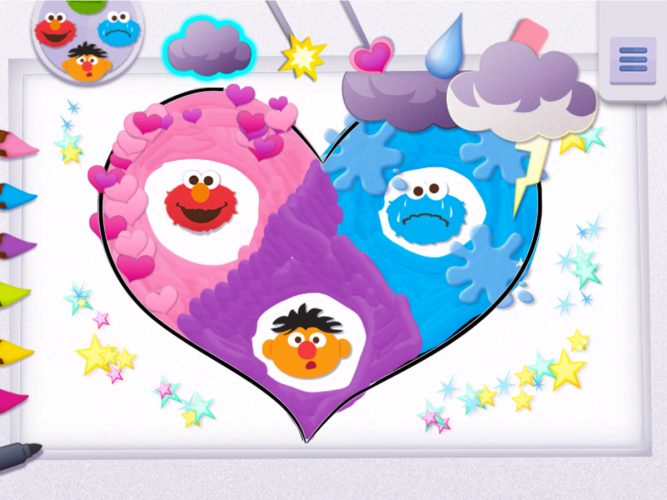
ArtMaker: Draw It Out! Incarceration
Help a child express themselves through drawing activities.
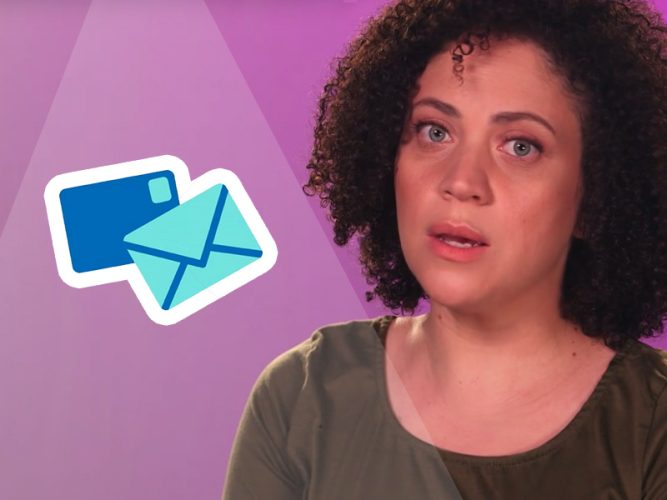
Coping With Incarceration
An overview of strategies adults can use to help kids understand incarceration and the changes it brings.
